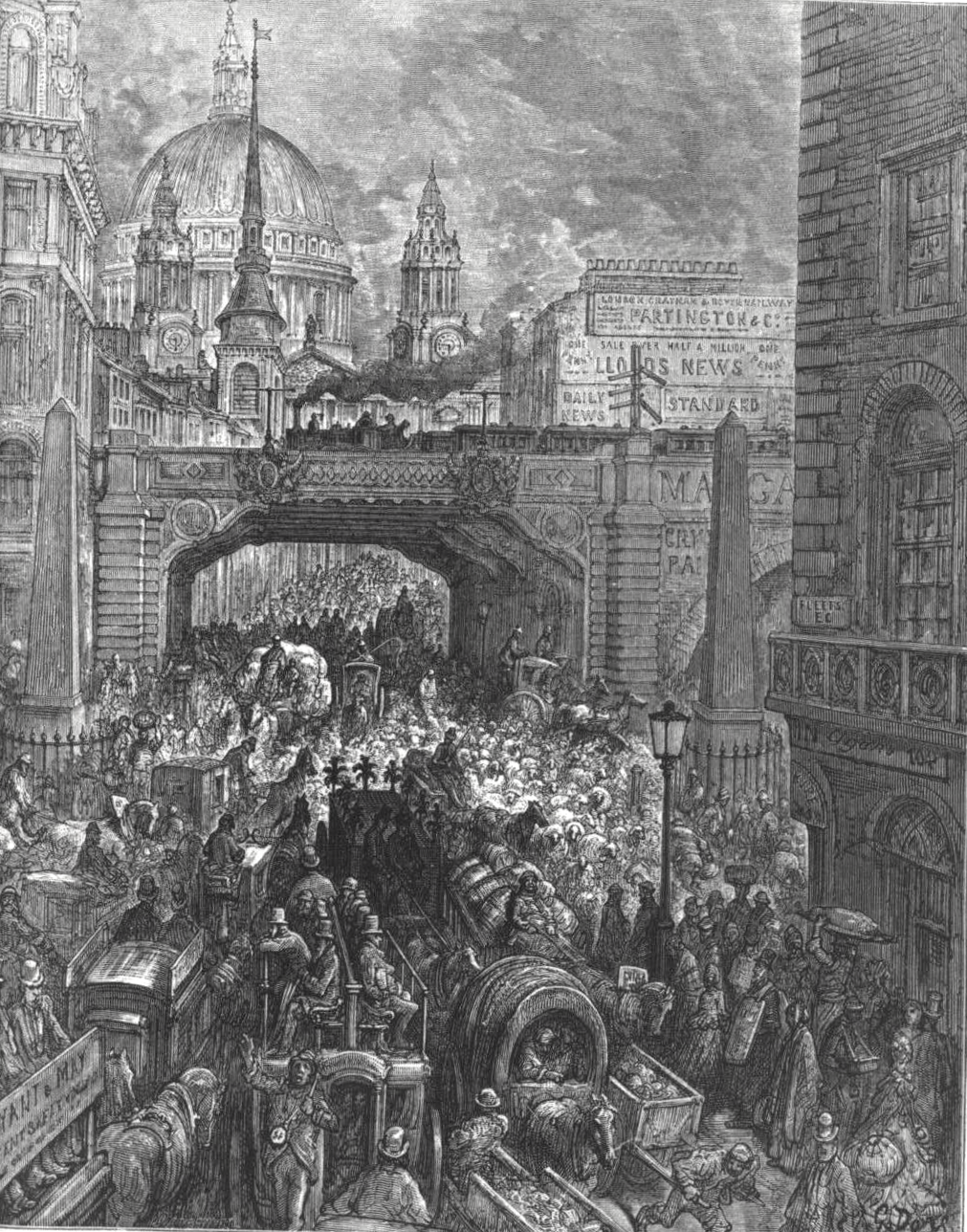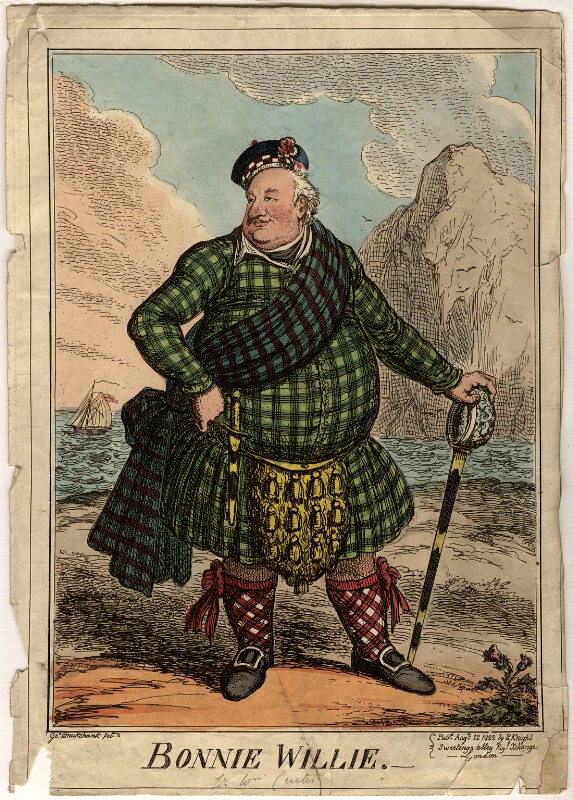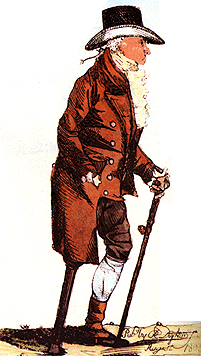|
Watkin Lewes
Sir Watkin Lewes (1740 – 13 July 1821) was a Welsh politician in England. Lewes was the second son of Reverend Watkin Lewes, of Pen-y-Benglog, Melinau, and Ann Williams, of Treamlod (Ambleston), Pembrokeshire. He was educated at Shrewsbury School and at Magdalene College, Cambridge, from which he graduated in 1763. He was elected alderman for the London ward of Lime Street and Sheriff of London in 1772, and was knighted in 1773. In 1780 he was elected Lord Mayor of London. In October 1781 he was elected at a by-election as one of the four Members of Parliament (MPs) for the City of London He served as an MP until his defeat at the 1796 general election. He stood again at the general election, in 1802, but was unsuccessful. He took a keen interest in the history and literature of Wales and was elected the second president (''Llywydd'') of the Honourable Society of Cymmrodorion. He died in a coffeehouse on Ludgate Hill Ludgate Hill is a street and surrounding area, o ... [...More Info...] [...Related Items...] OR: [Wikipedia] [Google] [Baidu] |
Portrait Of Sir Watkin Lewes (4671600) (cropped)
A portrait is a painting, photograph, sculpture, or other artistic representation of a person, in which the face and its expressions are predominant. The intent is to display the likeness, personality, and even the mood of the person. For this reason, in photography a portrait is generally not a snapshot, but a composed image of a person in a still position. A portrait often shows a person looking directly at the painter or photographer, in order to most successfully engage the subject with the viewer. History Prehistorical portraiture Plastered human skulls were reconstructed human skulls that were made in the ancient Levant between 9000 and 6000 BC in the Pre-Pottery Neolithic B period. They represent some of the oldest forms of art in the Middle East and demonstrate that the prehistoric population took great care in burying their ancestors below their homes. The skulls denote some of the earliest sculptural examples of portraiture in the history of art. Historical portraitur ... [...More Info...] [...Related Items...] OR: [Wikipedia] [Google] [Baidu] |
Ludgate Hill
Ludgate Hill is a street and surrounding area, on a small hill in the City of London. The street passes through the former site of Ludgate, a city gate that was demolished – along with a gaol attached to it – in 1760. The area includes St Paul's Cathedral. The modern cathedral, it has been claimed, was built on a site that – during the Roman British era of the early first millennium – was occupied by a major Roman temple, dedicated to the goddess Diana. Ludgate Hill itself is traditionally regarded as one of a trio of hills in Central London, the others being Tower Hill and Cornhill. The highest point is just north of St Paul's, at above sea level. The modern street named Ludgate Hill, which was previously a much narrower thoroughfare named Ludgate Street, runs between St Paul's Churchyard and Ludgate Circus (built in 1864), at which point it becomes Fleet Street. Description Many small alleys on Ludgate Hill were swept away in the mid 1860s to build Ludgate ... [...More Info...] [...Related Items...] OR: [Wikipedia] [Google] [Baidu] |
1821 Deaths
Eighteen or 18 may refer to: * 18 (number), the natural number following 17 and preceding 19 * one of the years 18 BC, AD 18, 1918, 2018 Film, television and entertainment * ''18'' (film), a 1993 Taiwanese experimental film based on the short story ''God's Dice'' * ''Eighteen'' (film), a 2005 Canadian dramatic feature film * 18 (British Board of Film Classification), a film rating in the United Kingdom, also used in Ireland by the Irish Film Classification Office * 18 (''Dragon Ball''), a character in the ''Dragon Ball'' franchise * "Eighteen", a 2006 episode of the animated television series ''12 oz. Mouse'' Music Albums * ''18'' (Moby album), 2002 * ''18'' (Nana Kitade album), 2005 * '' 18...'', 2009 debut album by G.E.M. Songs * "18" (5 Seconds of Summer song), from their 2014 eponymous debut album * "18" (One Direction song), from their 2014 studio album ''Four'' * "18", by Anarbor from their 2013 studio album '' Burnout'' * "I'm Eighteen", by Alice Cooper common ... [...More Info...] [...Related Items...] OR: [Wikipedia] [Google] [Baidu] |
1740 Births
Year 174 ( CLXXIV) was a common year starting on Friday (link will display the full calendar) of the Julian calendar. At the time, it was known as the Year of the Consulship of Gallus and Flaccus (or, less frequently, year 927 '' Ab urbe condita''). The denomination 174 for this year has been used since the early medieval period, when the Anno Domini calendar era became the prevalent method in Europe for naming years. Events By place Roman Empire * Empress Faustina the Younger accompanies her husband, Marcus Aurelius, on various military campaigns and enjoys the love of the Roman soldiers. Aurelius gives her the title of ''Mater Castrorum'' ("Mother of the Camp"). * Marcus Aurelius officially confers the title ''Fulminata'' ("Thundering") to the Legio XII Fulminata. Asia * Reign in India of Yajnashri Satakarni, Satavahana king of the Andhra. He extends his empire from the center to the north of India. By topic Art and Science * ''Meditations'' by Marcus Aurelius ... [...More Info...] [...Related Items...] OR: [Wikipedia] [Google] [Baidu] |
Harvey Christian Combe
Harvey Christian Combe (1752 – 4 July 1818) was an English Whigs (British political party), Whig politician. He was the eldest surviving son of Harvey Combe, attorney, of Andover, Hampshire. He was elected an Alderman of London in 1790 and Lord Mayor of the City of London, Lord Mayor of London in 1799. He was appointed Sheriff of London for 1791–92. At the 1796 British general election, 1796 general election he was elected as a Member of Parliament (United Kingdom), Member of Parliament for the City of London (UK Parliament constituency), City of London. Combe was present in the House of Commons when the then Prime Minister, Spencer Perceval, was Assassination of Spencer Perceval, assassinated in the lobby on 11 May 1812. He chaired a makeshift court convened the same day composed of MPs who were, like himself, also magistrates in order to begin committal proceedings against the murderer, John Bellingham, take witness statements and order messengers to search Bellingham's lod ... [...More Info...] [...Related Items...] OR: [Wikipedia] [Google] [Baidu] |
William Lushington
William Lushington (18 January 1747 – 11 September 1823) was a British politician and the Member of Parliament for the City of London from 1795 to 1802. See also * List of MPs in the first United Kingdom Parliament MPs in the first United Kingdom Parliament after the Union with Ireland, 1801 This is a list of the MPs or members of Parliament for the constituencies of the Parliament of the United Kingdom in 1801, which was the First Parliament of the Unit ... References 1747 births 1816 deaths British MPs 1790–1796 British MPs 1796–1800 UK MPs 1801–1802 Members of the Parliament of Great Britain for English constituencies Members of the Parliament of the United Kingdom for English constituencies {{England-UK-MP-stub ... [...More Info...] [...Related Items...] OR: [Wikipedia] [Google] [Baidu] |
Sir John Anderson, 1st Baronet, Of Mill Hill
Sir John William Anderson, 1st Baronet (ca. 173621 May 1813) was a British politician. Born in Danzig, he was the son of William Anderson and Lucy Sheldon who had settled in that town. Anderson was an alderman of Aldersgate between 1789 and 1813 and Sheriff of London between 1791 and 1792. He was a Member of Parliament (MP) for London from 1793 to 1806. Between 1797 and 1798, Anderson was Lord Mayor of London. On 14 May 1798, he was made a baronet, of Mill Hill, Hendon, in the County of Middlesex. In 1762, he married Dorothy Simkins, daughter of Charles Simkins. Their marriage was childless. Anderson died in May 1813 and the baronetcy became extinct. Involvement in slave trade John, with his brother Alexander, owned a slave factory on Bance Island. Their business was based in Philpot Lane, Eastcheap. John was active politically to prevent any restrictions in the running of the slave trade, for example working with his brother to organise a petition to the House of Lords in 179 ... [...More Info...] [...Related Items...] OR: [Wikipedia] [Google] [Baidu] |
Sir William Curtis, 1st Baronet
Sir William Curtis, Bt. (25 January 1752 – 18 January 1829) was an English businessman, banker and politician. Although he had a long political and business career (the two significantly intertwined), he was probably best known for the banquets he hosted. Life Born in Wapping, London, Curtis was the son of a sea biscuit manufacturer, Joseph Curtis, and his wife Mary Tennant. The family business was making ship's biscuit and other dry provisions for the Royal Navy. They were also shipowners whose vessels carried convicts to Australia and engaged in South Sea whaling. A lifelong Tory, he was elected as a Member of Parliament for the City of London at the 1790 general election. He held the seat continuously for 28 years until his defeat at the 1818 general election. He was returned to the Commons in February 1819 at a by-election for Bletchingley, and at the 1820 general election he was returned again for the City of London. He did not contest London again at the 1826 ele ... [...More Info...] [...Related Items...] OR: [Wikipedia] [Google] [Baidu] |
Brook Watson
Sir Brook Watson, 1st Baronet (7 February 1735 – 2 October 1807) was a British merchant, soldier, and later Lord Mayor of London. He is perhaps best known as the subject of John Singleton Copley's painting '' Watson and the Shark, ''which depicts a shark attack on Watson as a boy that resulted in the loss of his right leg below the knee. Early life and the shark attack Watson was the only son of John Watson and Sarah Watson (née Schoefield) born in Plymouth, Devon, in 1735, he was orphaned in 1741 and sent to live with his aunt and uncle in Boston, Massachusetts. His uncle was a merchant who traded in the West Indies. Before the age of 14, Watson had expressed his interest in the sea, so his uncle signed him up as a crew member on one of his merchant ships. While swimming alone in Havana harbour, Cuba, in 1749, the 14-year-old Watson was attacked by a shark. The shark attacked twice before Watson was rescued. The first time, the shark removed flesh from below the calf of Wat ... [...More Info...] [...Related Items...] OR: [Wikipedia] [Google] [Baidu] |
1781 City Of London By-election
Events January–March * January – William Pitt the Younger, later Prime Minister of Great Britain, enters Parliament, aged 21. * January 1 – Industrial Revolution: The Iron Bridge opens across the River Severn in England. * January 2 – Virginia passes a law ceding its western land claims, paving the way for Maryland to ratify the Articles of Confederation. * January 5 – American Revolutionary War: Richmond, Virginia is burned by British naval forces, led by Benedict Arnold. * January 6 – Battle of Jersey: British troops prevent the French from occupying Jersey in the Channel Islands. * January 17 – American Revolutionary War – Battle of Cowpens: The American Continental Army, under Daniel Morgan, decisively defeats British forces in South Carolina. * February 2 – The Articles of Confederation are ratified by Maryland, the 13th and final state to do so. * February 3 – Fourth Anglo-Dutch War – Capture o ... [...More Info...] [...Related Items...] OR: [Wikipedia] [Google] [Baidu] |
Frederick Bull (Lord Mayor Of London)
Frederick Bull (c. 1714–1784) was Lord Mayor of London and a radical politician who sat in the House of Commons from 1773 to 1784. Early life and business Bull was the second son of John Bull of London, and his wife Hannah. He married Judith Dickinson of Ware on 26 August 1737. From about 1744 he was a tea merchant in Leadenhall Street. He succeeded to property at Little Paxton, Huntingdonshire from his mother in 1746. He went into partnership with Samuel Moody in around 1757. Public and political career Bull was Sheriff of London in 1771–2 and became an alderman in 1772. He became Lord Mayor of London for 1773–74. Bull stood for the City of London at a by-election in 1773 and was returned after a hard-fought contest on 23 December 1773. He was returned for the City after a contest again in 1774 and 1780. Bull was a Dissenter and close supporter of John Wilkes. He followed the Bill of Rights Society programme throughout his parliamentary career. His politics we ... [...More Info...] [...Related Items...] OR: [Wikipedia] [Google] [Baidu] |
John Sawbridge
John Sawbridge (1732 – 21 February 1795) was an English politician who sat in the House of Commons from 1768 to 1780. Sawbridge was the eldest son of John Sawbridge, FRS of Olantigh and his wife Elizabeth Wanley, daughter of George Wanley. Sawbridge was elected as a Member of Parliament (MP) for Hythe at the 1768 general election, and held the seat until 1774. He exerted himself in the House of Commons on behalf of John Wilkes, who had been declared incapable of sitting for Middlesex. With John Horne Tooke, James Townsend, Richard Oliver, and others, he helped to form the Supporters of the Bill of Rights. In local politics Sawbridge, who was a liveryman of the Framework Knitters' Company, was elected, with Townsend, as sheriff of London in summer 1768, and in the following year (1 July) he was elected alderman for the ward of Langbourn. During his shrievalty he five times returned Wilkes as duly elected for Middlesex, in defiance of the house, and was threatened with a b ... [...More Info...] [...Related Items...] OR: [Wikipedia] [Google] [Baidu] |
_(cropped).jpg)






